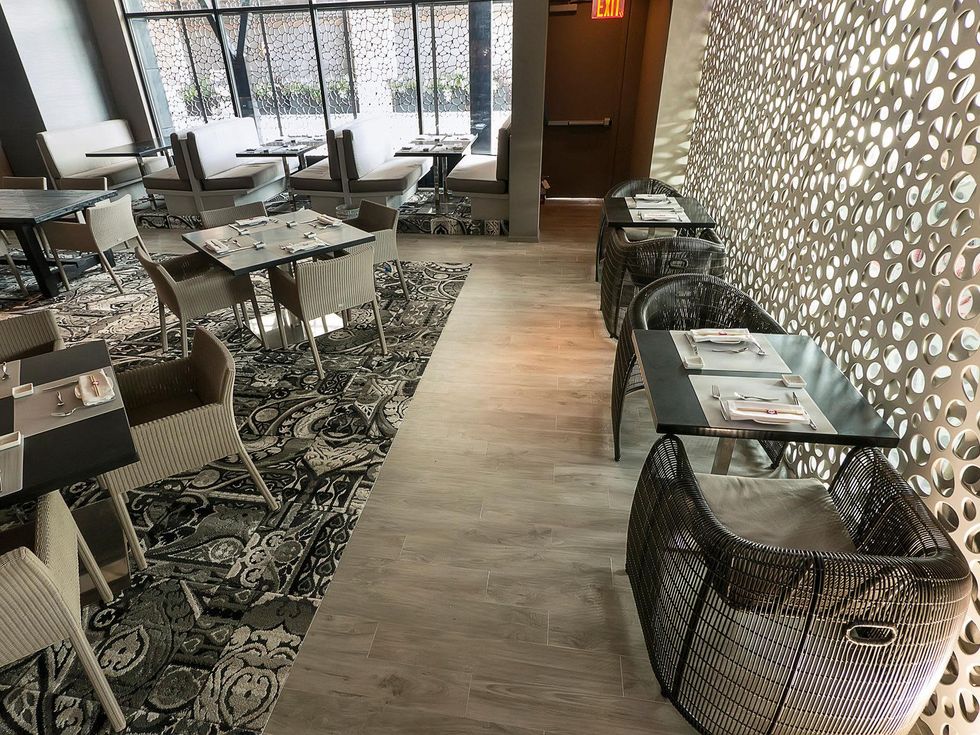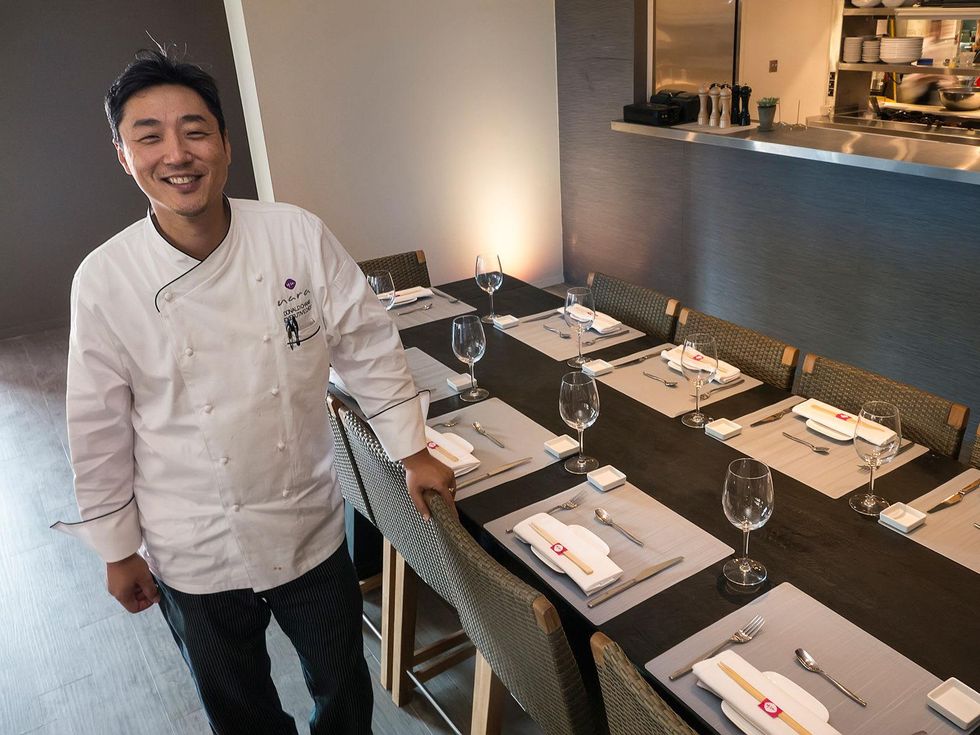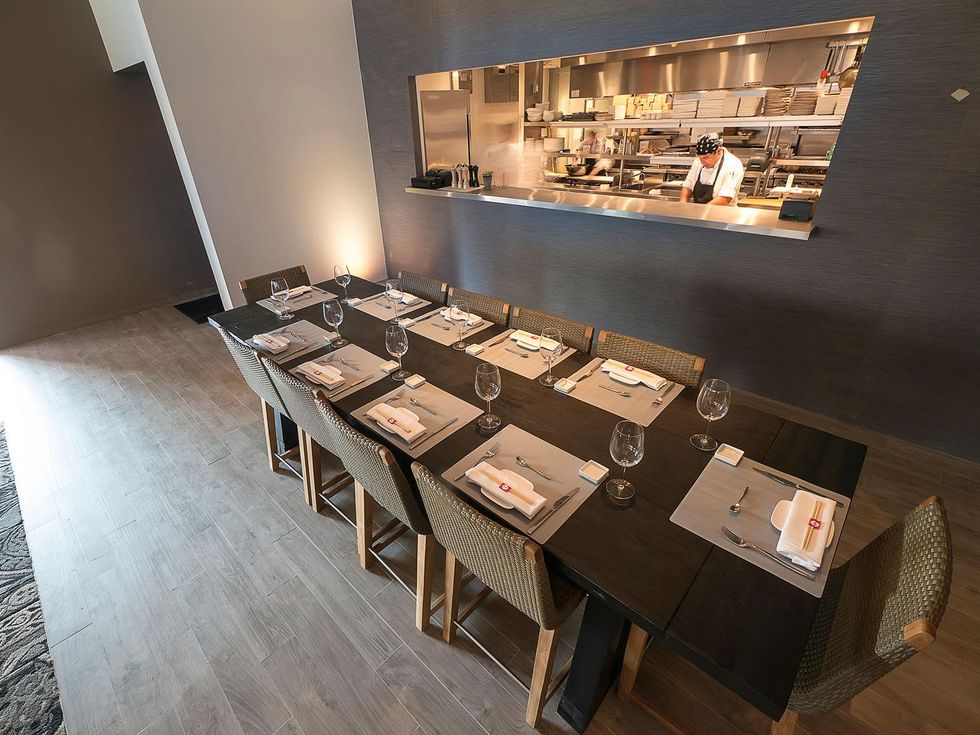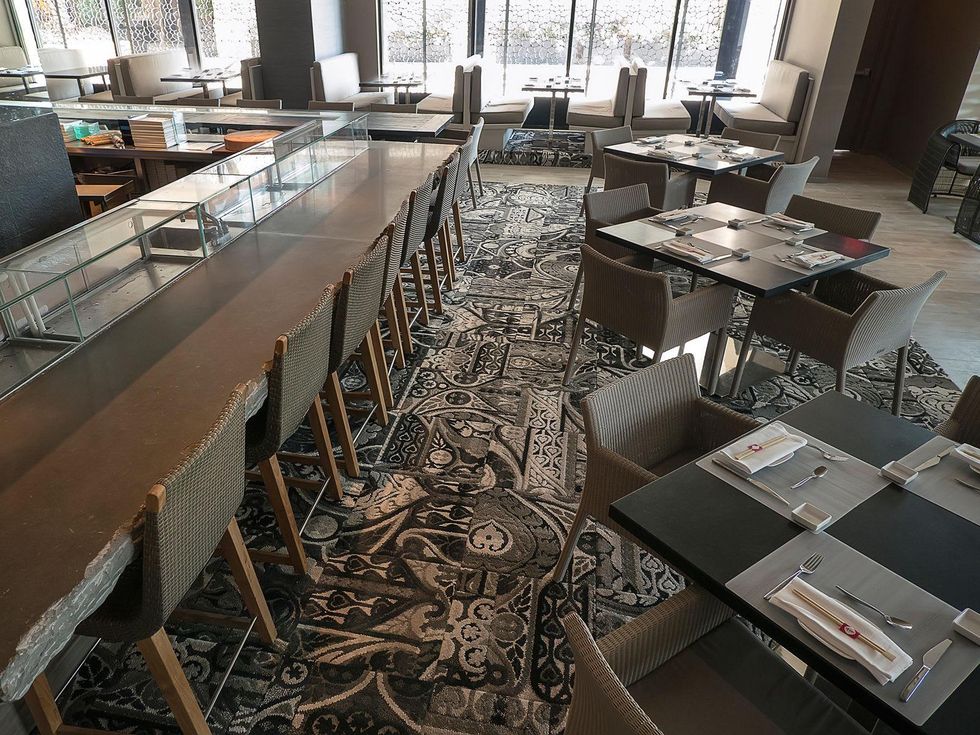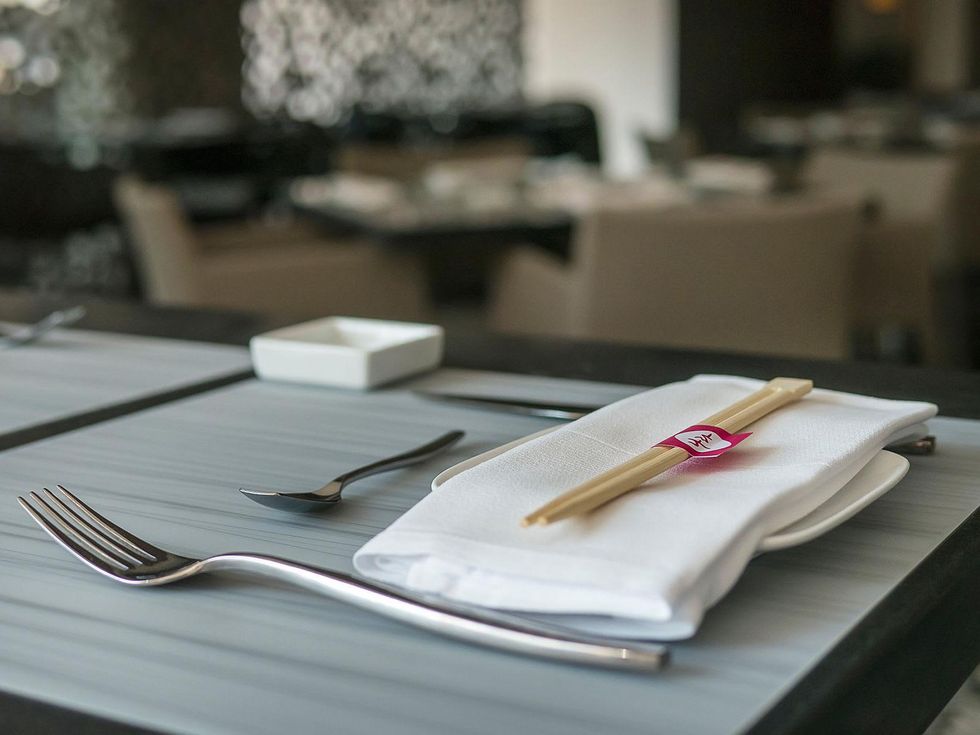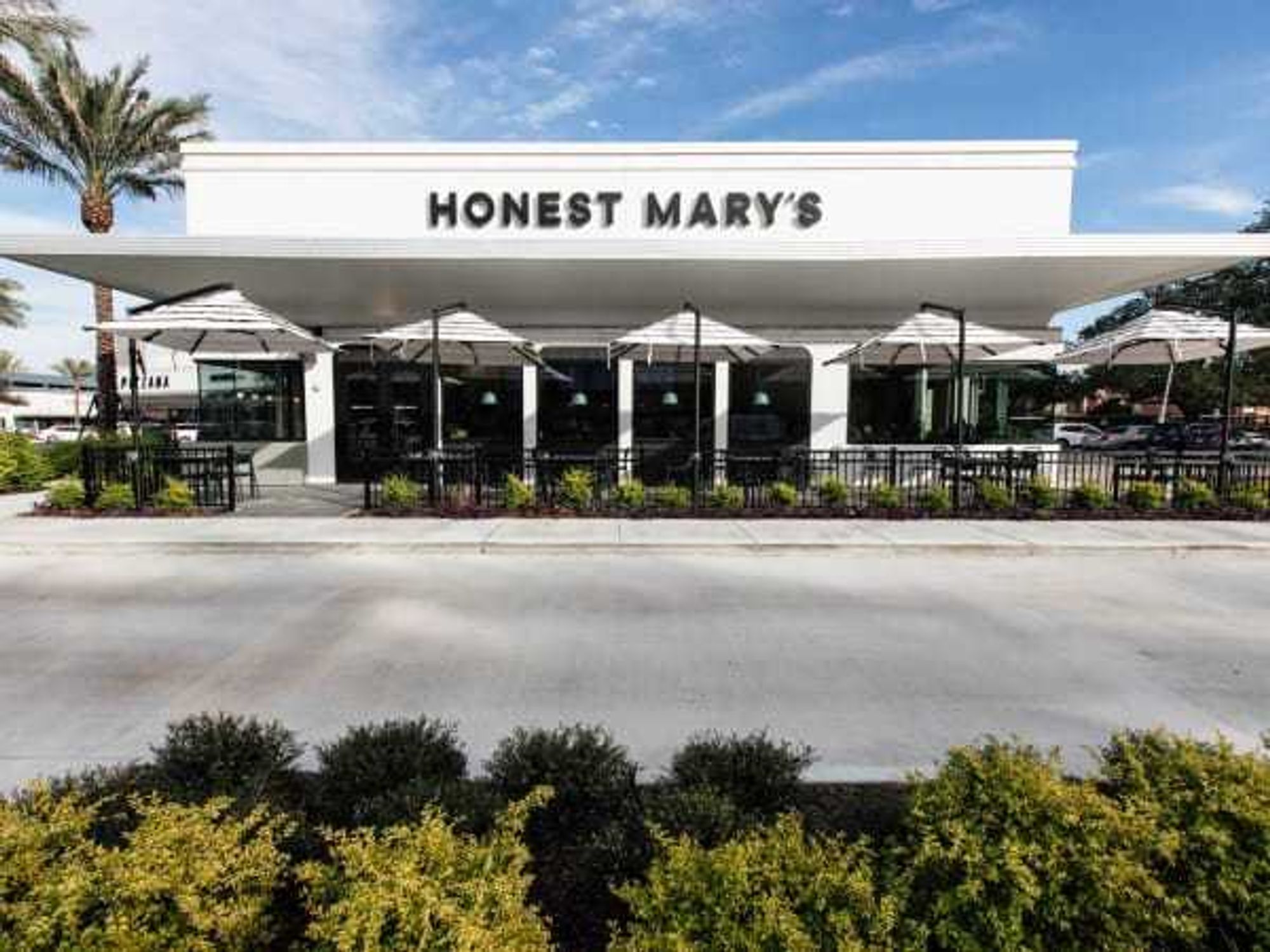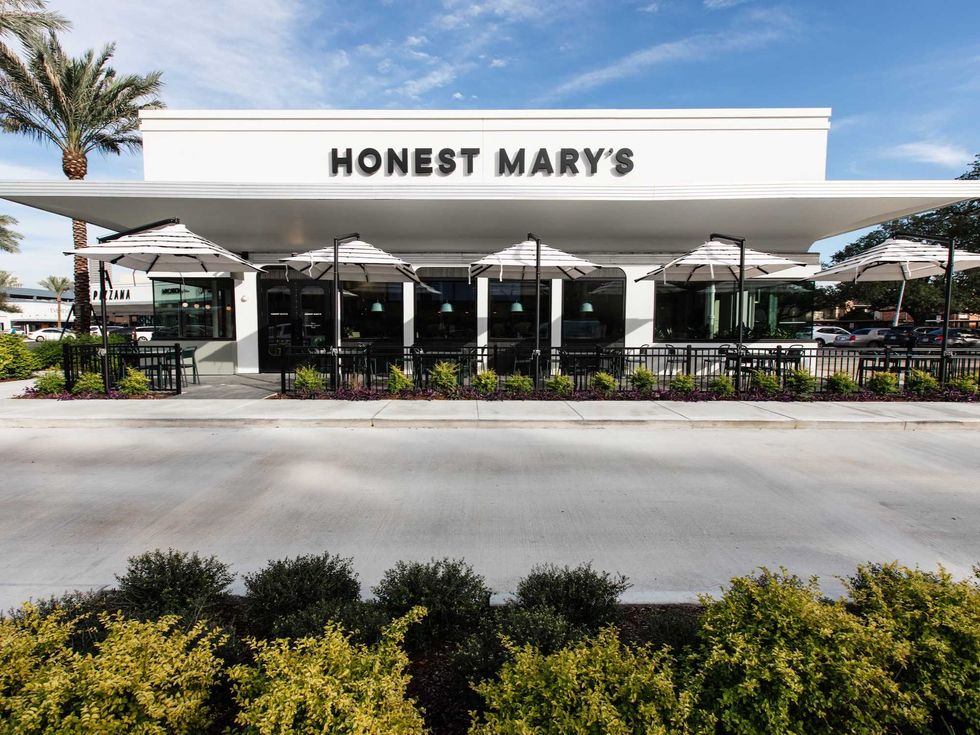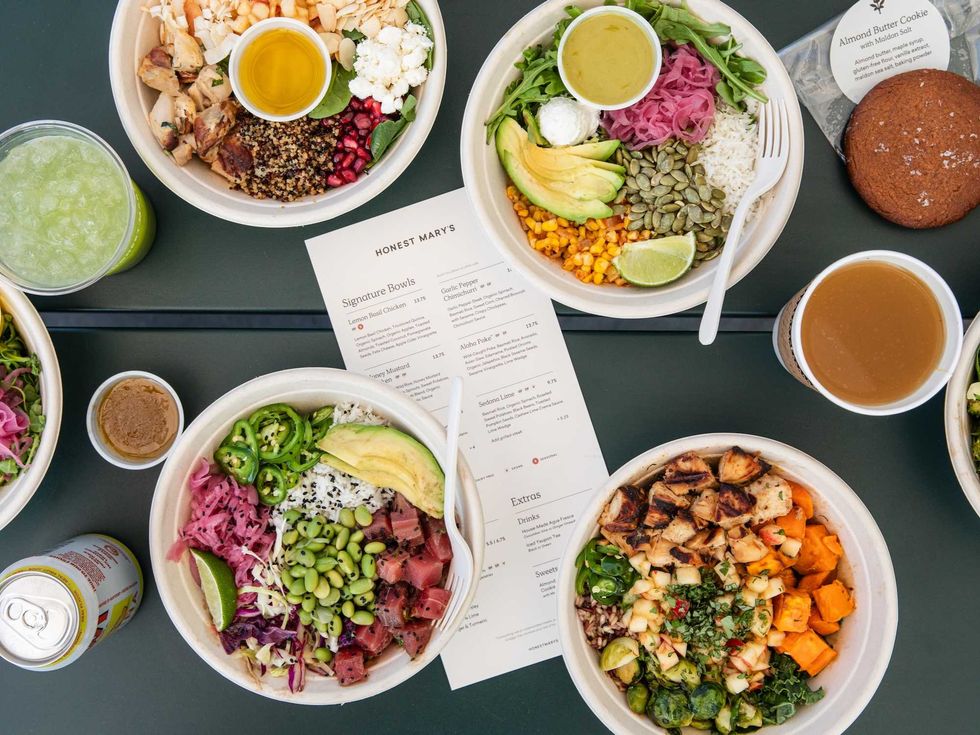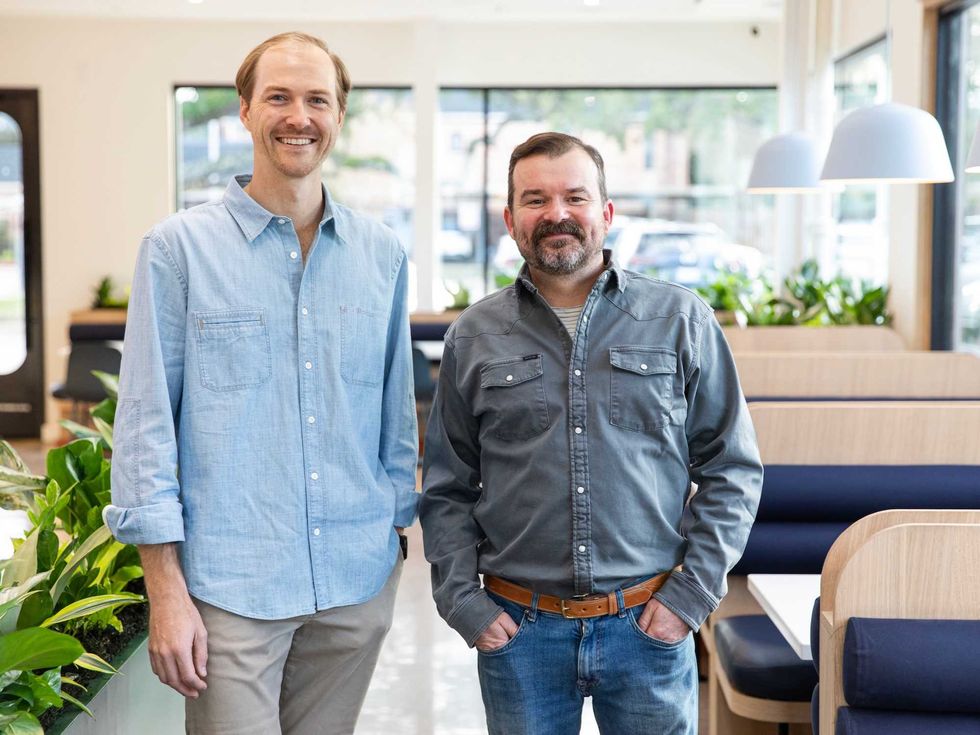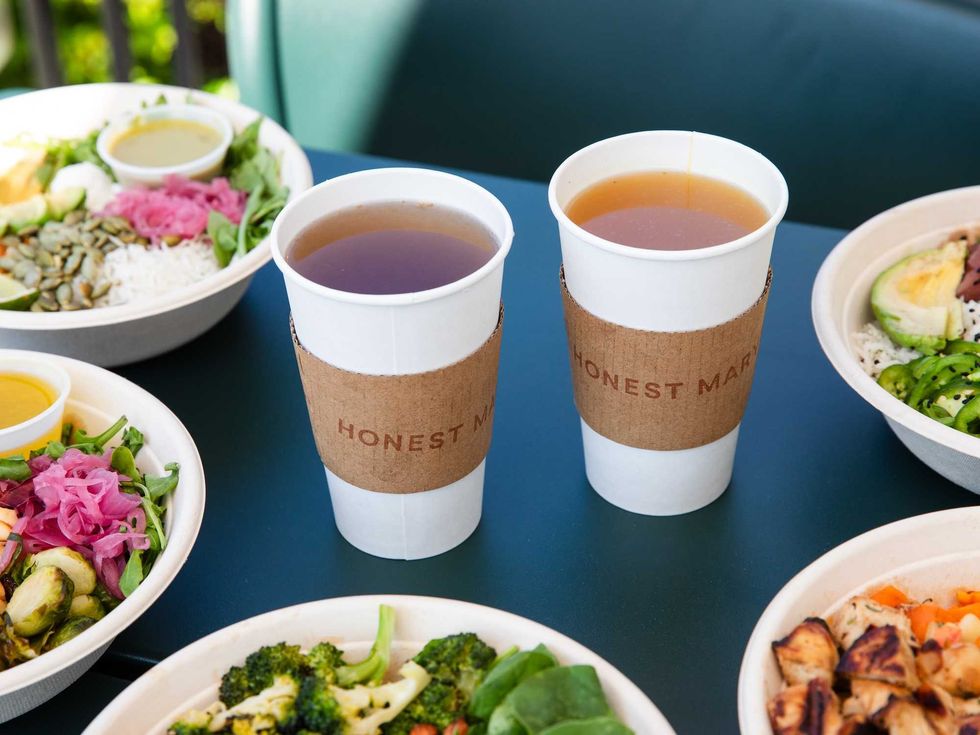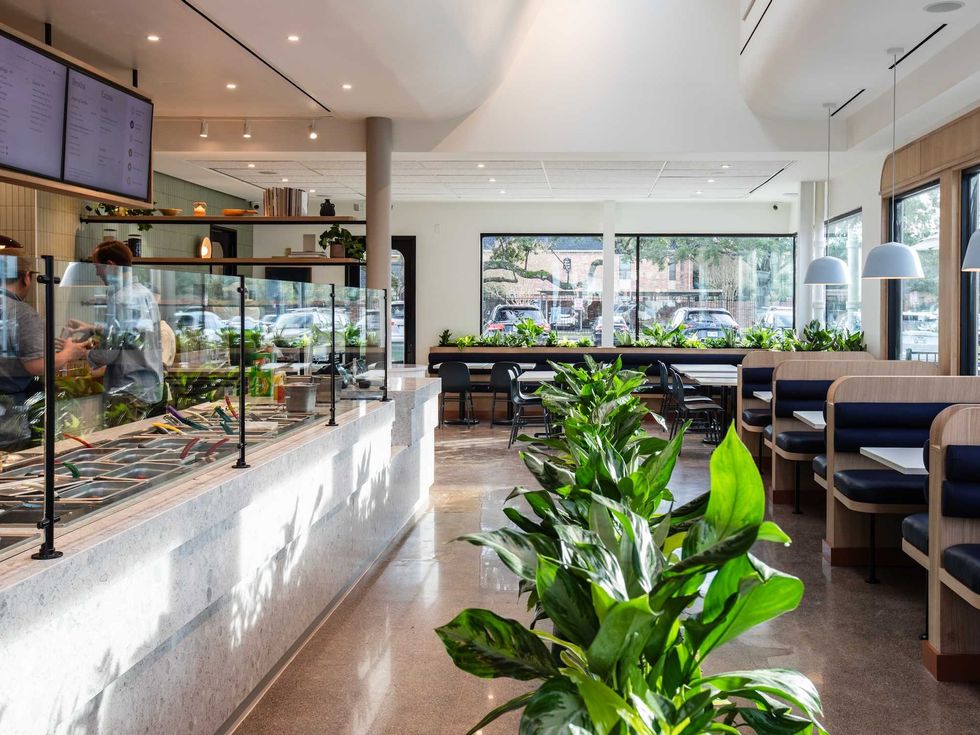West Ave Restaurant Buzz
New West Ave restaurant looks to take Korean food to the next level — and quiet the haughty doubters
Frequently, when I talk to people about Nara, I encounter a certain skepticism. "Why do I think I'm not going to like it?" one industry insider asked me recently.
Well, to be honest, there are a few obvious reasons. First, Katsuya, the restaurant Nara will replace in West Ave when it opens Wednesday, was the sort of spectacular failure that serves as a cautionary tale about how NOT to open a restaurant in Houston. Don't try to bring LA style and glitz to River Oaks. Don't think that glitz can cover up mediocre food. Don't open a high-dollar sushi restaurant within a month of Uchi opening.
Secondly, there's chef/owner Donald Chang's other restaurant, Uptown Sushi, a thriving, successful business that, for any number of reasons is more likely to be your mom's favorite sushi restaurant than the sort of place obsessives cite as the city's best.
"We want to educate people about Korean food without losing the essence."
Chang understands. He's not pretending that Nara will compete with the well-established Korean restaurants on Long Point when it comes to authenticity. But the Elsik High School alum is betting that Nara can do for Korean what Uptown did for sushi 10 years ago: Use high quality ingredients and modern techniques to bring a fresher, lighter version to a new, wider audience.
Other than a few food trucks serving fries topped with kimchi and bulgogi, no one's really tried anything like it. Asked whether he's aware of any other restaurants around the country that are trying to take Korean food to what Chang calls the "next level," he cites David Chang's Michelin-starred Momofuku empire as the closest comparison to his ambitions for Nara.
"We want to educate people about Korean food without losing the essence," Chang tells CultureMap.
Chang says that Nara "showcases the best of" both Japanese and Korean cuisine. For the Japanese side of the menu, Nara offers a newly developed sushi rolls that are subtle twists on classic flavors. A roll that combines tiger shrimp and salmon belly comes topped with fleur de sel for an unexpected salty pop. Chang says that a Korean-inspired roll of bulgogi, carrot and radish "is what (Koreans) pack for picnics."
The Korean dishes are available on the menu in the dining room, in Korean style barbecue in a side room where a chef will grill meat at the table for diners and at Chang's chef table. When Chang launches the chef's table in three or four weeks, he'll serve "racy" items like cow tongue and Korean fried chicken as part of a six-course, $85 menu that will showcase the best of both sushi and Korean items.
"It's our own, little Iron Chef thing," Chang says of the nightly battle between Korean and Japanese that will take place during those tastings.
"We want a comfortable environment," Chang says of Nara's decor. That's why the tables aren't packed together, and the chairs are wide and cushy. The cherry tree at Nara's entrance is the signature design element. "Growing up, I was always hanging out under a tree," Chang says, so he incorporated one into the design.
Diners might find him sitting there, contemplating new dishes. In the grill room, diners can touch the tree that's embedded into the wall. "I want people to put their fingers on it . . . We'll clean the smudges," Chang promises with a chuckle.
Still not convinced? Chang doesn't seem too concerned about that.
This restaurant is clearly a labor of love for Chang and a family affair. His mother makes the spicy soybean paste that accompanies the Korean dishes, and his sister cooks alongside him on the line. They're both responsible for helping Chang translate family recipes and classic dishes to Nara's style.
"Some people might love it. Some people might hate it. It is what it is," Chang says.
